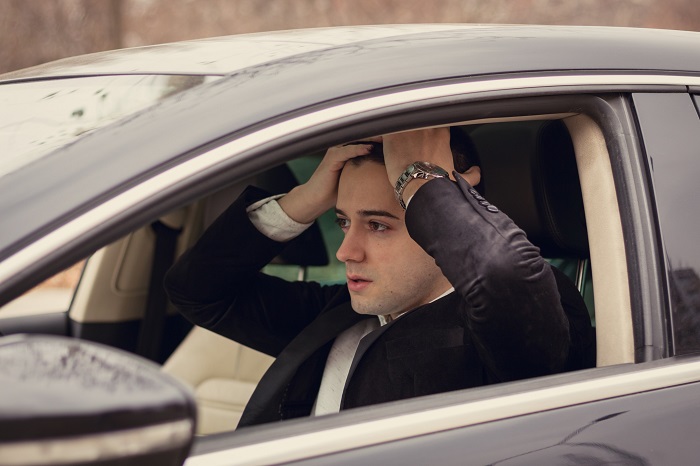
My Friend Wrecked My Car. Do I Pay For The Damage?

Many people let their friends borrow their personal cars. Usually, you can trust your acquaintance to return the car to you in pristine condition. But, that is not always the case. What if your friend wrecks your vehicle? What if the crash involves others? Are you responsible?
It’s not a crime to let friends drive your car. However, when you let them drive, you usually do have a responsibility for their mistakes.
A Friend’s Crash Scenario
Let’s say one of your friends doesn’t own a car. She needs to pick up her mother from the airport. You allow her to borrow your car for this excursion. But, when trying to get out of the airport, your friend becomes momentarily confused. She accidentally runs a stop sign and sideswipes another car.
Your car has damage, and so does the other vehicle. The accident was your friend’s fault. So, the at-fault party will usually have to pay for both their own damage and the damage of others. Liability insurance will likely come into play.
But, who will pick up the check? You were not driving the car, so the accident, literally speaking, was not your fault. It was your friend’s. However, the vehicle involved was your car.
Understanding Responsibility
Car insurance often follows the vehicle. Therefore, even if you are not with your vehicle, then it will still have coverage. In the case of your friend’s wreck, the same basic principle might apply with a few limitations.
Even though your friend was the driver, your own car was a major player in the wreck. So, your car insurance policy might pay for the liability damages to third parties. It also will likely pay for your vehicle damage — so long as you have collision insurance.
Still, not all car policies are as generous with coverage. You might face some restrictions.
- Some policies require you to name other drivers specifically on your policy. Otherwise, the drivers will have restricted, or even zero, coverage if they drive your car.
- Your liability coverage might not provide enough money for another driver’s losses. That could leave both you and your friend exposed to potential excess costs. Your friend might want to carry a non-owners car insurance policy. Your liability coverage will pay up to its maximums. Then the additional policy can jump in to cover excess costs.
The key to ensuring your friend has coverage is to read your car insurance policy. See if it includes any restrictions or provisions for covering third parties driving your vehicle. You might want to make policy adjustments once you know.
Categories: Auto Insurance
